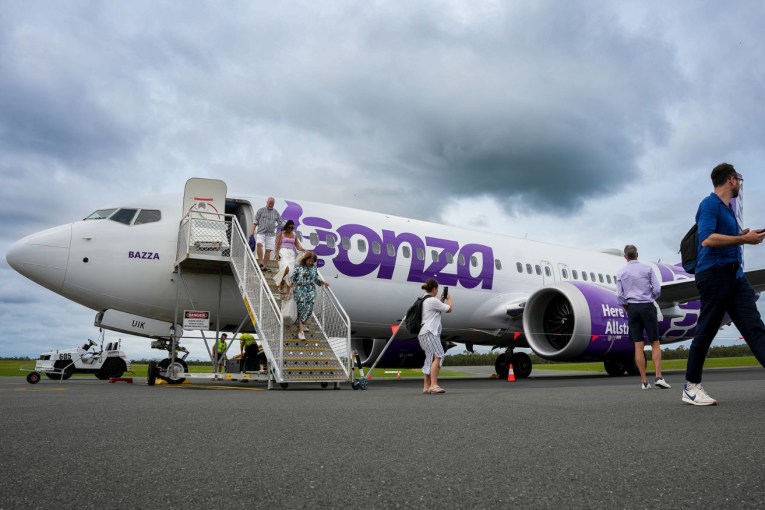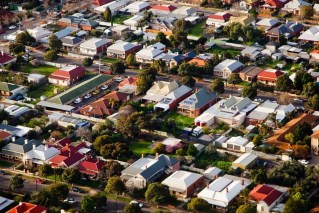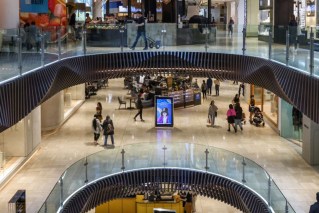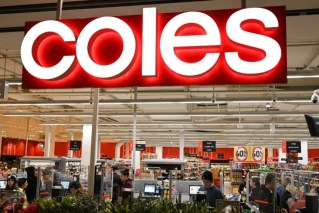Michael Pascoe: IKEA and Netflix tax scandal overshadows shameful PwC saga

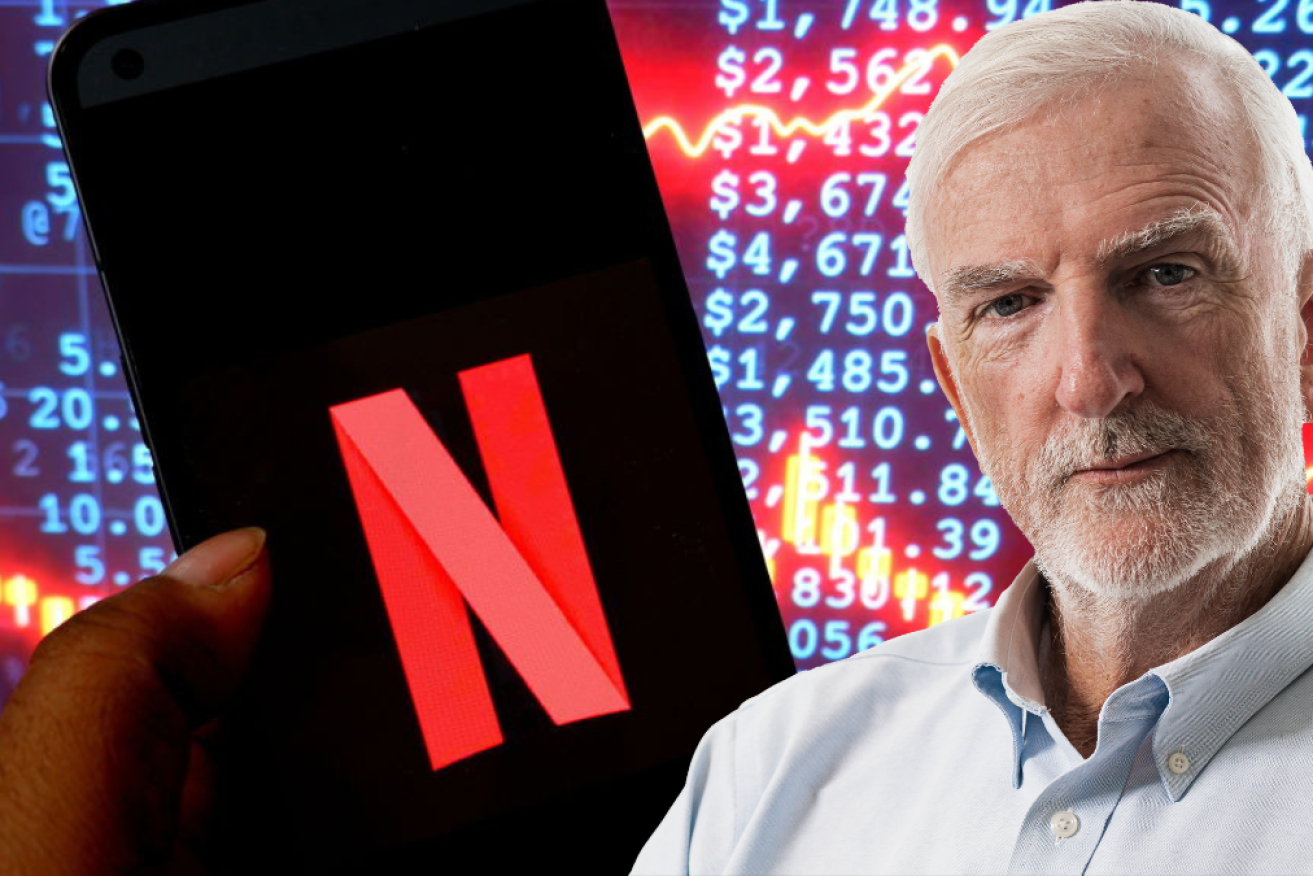
Australia is missing out on revenue it deserves. Photo: Getty/TND
Overshadowed by PwC’s scandal of peddling inside information to help multinational companies avoid tax is the bigger ongoing scandal of multinational companies dodging tax.
Treasurer Joe Hockey’s “Google tax” – the thing PwC sought to exploit confidential information about – was supposed to stop international corporations ripping off Australia by whisking Australian revenue away to tax havens.
It didn’t. It still hasn’t.
A key part of the Australian Tax Office’s (ATO) spirited defence before Senate Estimates this month was that, sure, there was an outrageous breach of confidence, but it didn’t matter too much because our super-vigilant tax sleuths were quick to shut down the schemes and no revenue was lost because of PwC’s malfeasance.
Except that the Google Tax hasn’t stopped blatant multinational tax minimisation.
Netflix could make a hot mini-series about international accounting skullduggery and tax avoidance.
It has all the material it needs for the show in-house – its very own story of dudding the Commonwealth by funnelling billions of Australian revenue through the Netherlands.
Netflix was long suspected of doing the dirty on Australia. It was an open secret that Netflix was collecting about $1 billion a year from Australians but filing accounts with the Australian Securities and Investments Commission showing a tiny fraction of that.
For example, in 2021, while enjoying the COVID boom, Netflix reported Australian revenue of $30.7 million and profit of just $1.5 million after paying the ATO $868,000.
Want to buy a bridge?
And if you believed that revenue and profit figure, you’d believe anything.
Such a low revenue figure managed to come in well under the $100 million minimum the ATO has on its annual tax transparency walk of shame that shows how little tax many big companies manage to pay on their Australian revenue.
As everyone in the industry knew, Netflix was pulling the standard swifty of channelling most of its revenue – your subscription fees – through the Netherlands, a popular tax haven for the international accounting set.
I’m sure that Netflix, a fabulously profitable American company well on its way to dominating the streaming industry as others falter, had good reason to have its Australian accounts department in Amsterdam.
Maybe its executives love tulips. Or clogs.

Joe Hockey’s ‘Google Tax’ isn’t working, writes Michael Pascoe. Photo: Getty
Netflix has finally – but only partially – stuck up its hand for the wheeze in its latest accounts filed with ASIC.
The Australian Financial Review had spotted Netflix changing its subscription billing address and earlier this month reported the 2022 figures: Australian revenue was suddenly $1.06 billion.
With a degree of near-Trumpian elan, a Netflix spokesperson told the AFR: “As Netflix continues to grow and invest in Australia, we want our corporate structure to reflect our business activities here.”
Yeah, sure again.
But admitting its revenue doesn’t mean Netflix is paying a credible amount of tax.
Pull the other one, Netflix
Of that $1.06 billion, Netflix claims it only made $15.8 million profit after surrendering $6.9 million to the tax office.
That works out to be a net profit margin of just 1.5 per cent – a margin that would have to be considered a corporate failure, barely worth keeping the Antipodean office open.
By comparison, Netflix told shareholders it enjoyed revenue of $46 billion last year with an operating margin of 18 per cent and net income of $6.5 billion – call that a profit margin of 14 per cent.
So how could the Australian operation be such a dud? We provided 2.3 per cent of total revenue, but only 0.2 per cent of net income.
Ah, it was the good ol’ “fees” to head office wot done it.
“Netflix Australia paid $966 million to the Netflix Group in distribution fees and other costs,” the AFR reported.
That’s the neat thing about paying fees to head office – the local profit can be pretty much whatever head office wants it to be.
My “favourite” example of that is IKEA, the Netherlands-headquartered flatpack giant. (Oh, did you think IKEA was Swedish? Home is where the tax haven is.)
I started writing about what an apparent failure IKEA’s Australian operation was a dozen years ago – wafer-thin profit margins and a tax bill to match.
A quick check of the ATO’s shame file shows nothing has changed.
In 2020-21, the ATO says IKEA Australia had income of $1.625 billion.
That’s a lot of Billy bookcases and Kyrre stools.
But the hapless Swedish/Dutch outfit only managed a taxable income of $40 million – a pre-tax margin of 2.4 per cent. And it paid just $12 million tax.
Oh well, that was an improvement on the 1.8 per cent margin the year before on sales of $1.552 billion.
IKEA pays IKEA to use IKEA name
How could such a massive operation as IKEA Australia be so marginally profitable and survive? They must be forgiving souls back in the Netherlands.
Or perhaps the bean counters in Delft concentrate more on how IKEA Supply AG goes in selling IKEA Australia all those flatpacks and the fat “franchise fee” IKEA Australia pays.
Rather funny, really – IKEA paying IKEA scores of millions of dollars to use the name “IKEA”.
There is another aspect to such successful domestic tax minimisation, aside from the revenue lost that could be used to fund Medicare and pensions and aged care and nuclear-powered submarines: It gives IKEA an unfair advantage when it’s competing with Australia furniture companies paying full freight.
Michael West Media did a comparison of IKEA and Nick Scali during the COVID-driven furniture boom.
Scali’s turnover was about a seventh of IKEA’s but it paid about 64 times more tax than the giant – which was paying barely any. The percentages are too ridiculous to bother working out.
IKEA and Netflix are just two quick examples of the ongoing, massive and very successful tax minimisation industry here.
That industry is a much bigger scandal than a few ethically-challenged PWC partners.
